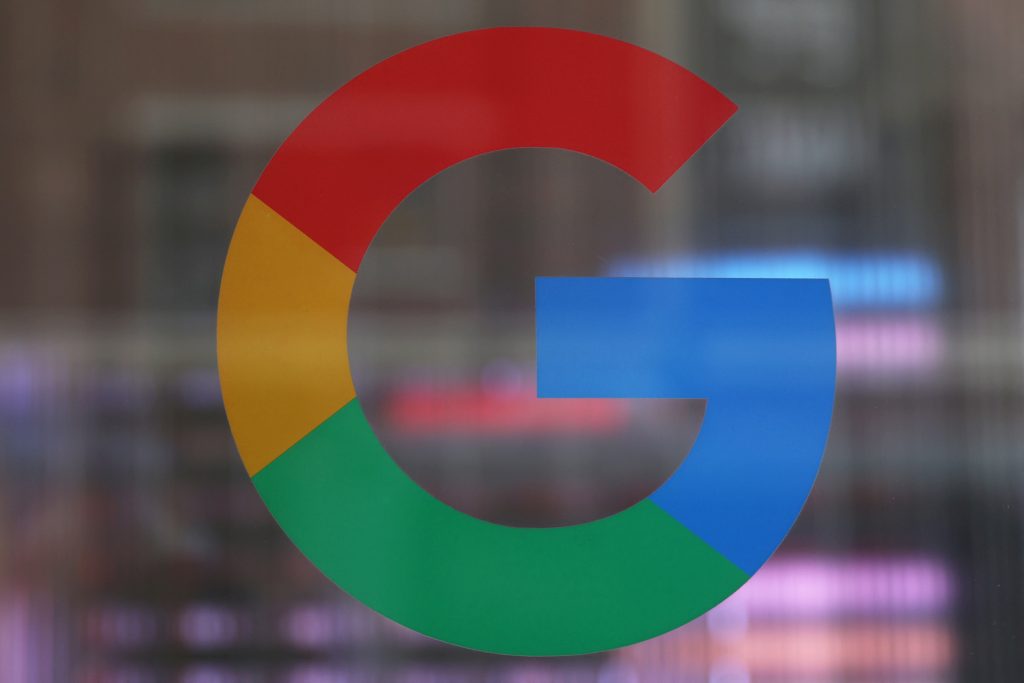In a significant move, internet giant Google has publicly named and shamed several surveillance software firms, advocating for stricter regulations to curb the sale and misuse of spy tools. Highlighting the escalating concerns surrounding the proliferation of spy technology, Google’s latest report underscores the urgent need for action to safeguard privacy and security in the digital age.
Spyware firms, often claiming their products serve government interests in national security, have faced mounting criticism for their role in compromising the privacy of individuals, including civil society members, political opponents, and journalists. This scrutiny intensified following revelations of the widespread use of NSO’s Pegasus spyware, which targeted human rights defenders worldwide.
Google’s research reveals a sobering reality: while NSO garners attention, numerous smaller firms contribute to the alarming growth of spy technology. With its vast online presence, Google is uniquely positioned to detect and analyse hacking campaigns, shedding light on the extent of commercial spyware vendors’ activities.
According to Google’s TAG threat-hunting team, the private sector now plays a significant role in developing advanced hacking tools, posing a grave threat to internet safety. In response to escalating concerns, the United States and its allies pledged to address the surveillance software industry’s challenges, spurred by reports of government employees falling victim to spyware attacks.
The report identifies several firms offering services to breach phone security, adapting to circumvent the latest safeguards implemented by Apple and Google. Among them are the Italian companies Cy4Gate and RCS Labs, the Greek firm Intellexa, and lesser-known entities like Negg Group from Italy and Variston from Spain.
Negg Group, despite its purported focus on cybersecurity, was found to engage in surveillance activities in multiple countries, including Italy, Malaysia, and Kazakhstan. Similarly, Variston’s software targeted users through popular browsers and apps, while Protected AE, also known as Protect Electronic Systems, employed similar tactics.
Despite Google’s outreach, some companies named in the report have either remained silent or inaccessible. This disclosure coincides with the United States’ announcement of a visa restriction policy targeting individuals involved in commercial spyware abuse, signalling a concerted effort to combat digital surveillance threats.
As the digital landscape evolves, Google’s advocacy for tighter regulation underscores the critical importance of protecting user privacy and security against the growing threat of spyware proliferation. Join us for more insights and updates on digital security developments worldwide.

